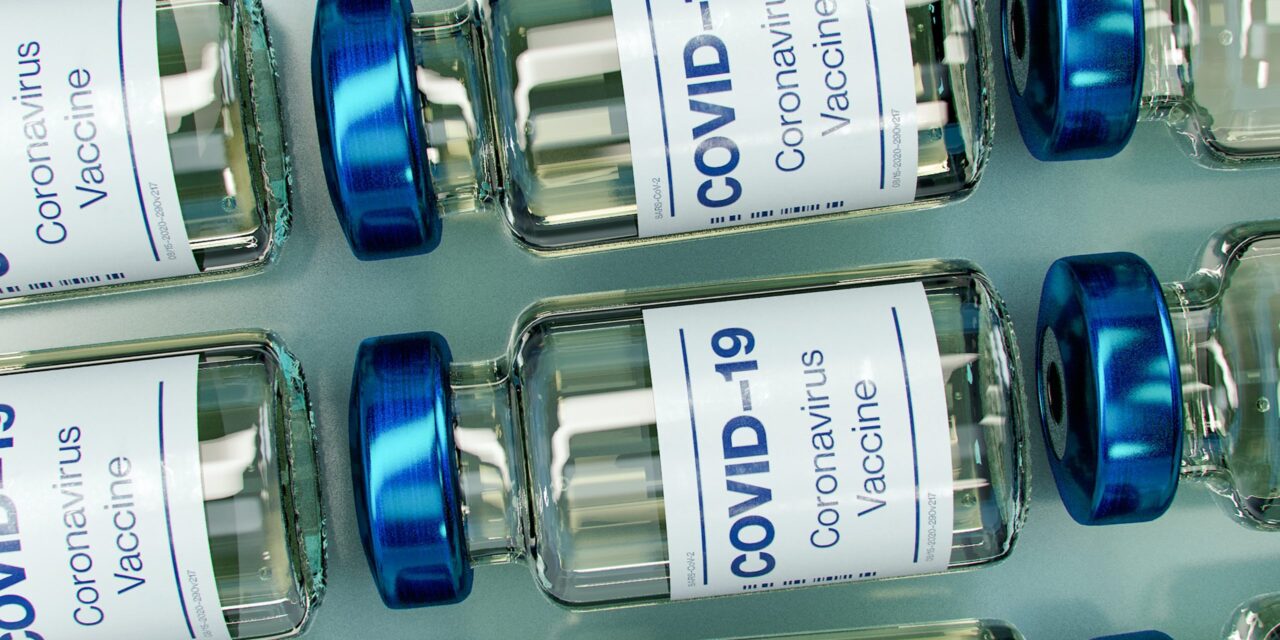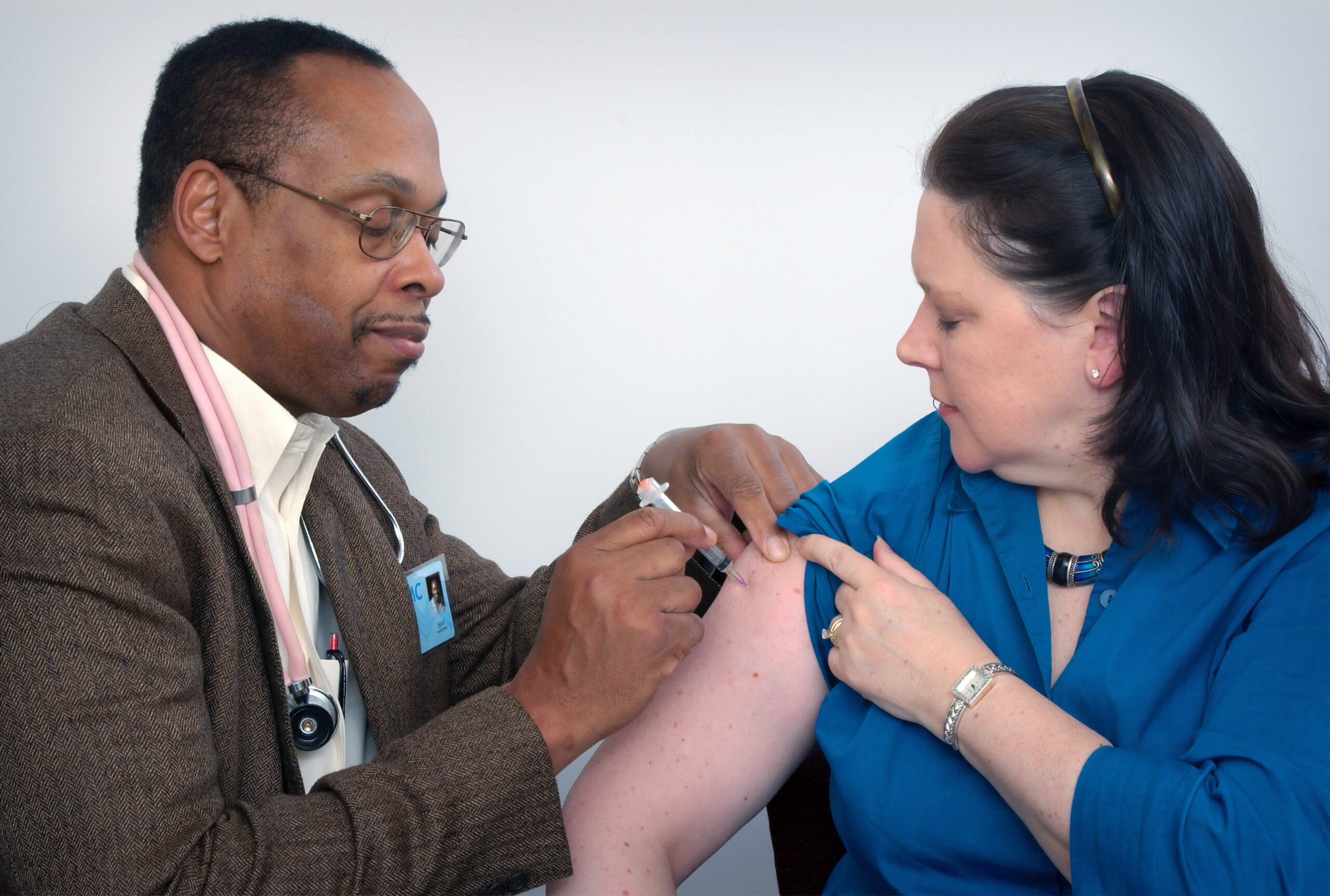Six million doses of a COVID-19 vaccine are expected to be rolled out in Canada in the first quarter of 2021. (Photo by Daniel Schludi on Unsplash)
MONTREAL – As members of the new vaccine task forces, bioethicists are helping roll out the first COVID-19 vaccines in Canada.
Bioethicists are people who aim to “identify, evaluate and come up with solutions to important ethical problems that are facing us in healthcare systems of broader society,” says Bryn Williams-Jones, director of the bioethics program and professor in the school of public health at the University of Montreal.
Ontario has also included a bioethicist on its vaccine distribution task force. Bioethicists can also provide important advice on who gets vaccines first.
According to Williams-Jones, bioethicists must ask many questions before they can build focused recommendations and figure out who should get the vaccine first. They need to consider who needs the vaccine most, who the vaccine is most effective for and what we know about the vaccine, among other things, he says.
“If we don’t ask these questions, we don’t know that there’s a problem and we don’t know that we’re making trade-offs and then we make bad decisions.” Asking questions is what makes the process ethical, he adds.
A process that will be rolling out in the new year, according to officials, with some Health Canada-approved vaccines expected to become available in early 2021.
Maj.-Gen. Dany Fortin, vice-president of logistics and operations of the Public Health Agency of Canada, said Canada would be ready for distribution by January.
Meanwhile, Health Canada is reviewing vaccines by Pfizer, Moderna, AstraZeneca and Janssen Inc. Once one is approved, six million doses are expected to arrive within the first three months of 2021, according to Njoo.
The National Advisory Committee on Immunization preliminary guidance recommends vaccinating first those who are at a higher risk of severe disease, those most likely to transmit to people at a higher risk, essential workers and those living or working where they are at a higher risk of infection.
According to Rob Kozak, clinical microbiologist at Sunnybrook Health Sciences Centre in Toronto, there’s still a lot on the COVID-19 virus and the vaccines that we don’t know about. He says it’s still not clear how long immunity from the vaccines last, how long after vaccination the vaccine becomes effective and whether the vaccine would protect from infection or lower the severity of the disease.
Kozak says we shouldn’t see many serious side effects in the new vaccines, but in terms of if there could be any longer term effects, “The only way to know that is with time,” he adds.
Given the unknowns, Williams-Jones says there are several ethical principles to keep in mind when deciding where the vaccines will go.
One is the precautionary principle, which means moving forward with decisions with care as you keep researching and looking to know more, he explains. According to Williams-Jones, it’s something that needs to be done better in a case like the development of the COVID-19 vaccine where the research process has been sped up.
“We’re always, in a crisis situation, operating with imperfect information.”
– Bryn Williams-Jones
Another is the principle of proportionality. This means that “the higher the risk, the higher the level of surveillance we need to implement to identify possible risk factors and deal with them very quickly,” says Williams-Jones. The vaccines have gone through very quick trials, but he says that they have to expect side-effects to arise and make sure the mechanisms are in place to detect them.
A third one is the principle of responsibility. “We’re always, in a crisis situation, operating with imperfect information,” says Williams-Jones. “You make the best decision possible, but you recognize that it’s founded on a lack of complete evidence, but it’s the best we can do right now.”
According to him, bioethicists can help decision-makers decide who will be getting the vaccines first and when, but they don’t have the biggest voice. “Bioethicists can make an important difference, but they have to be sufficiently highly paced and they’ve got to be at the top in terms of being part of the decision-making process. Not be the rubber stamp at the end after the decision has already been made.”






